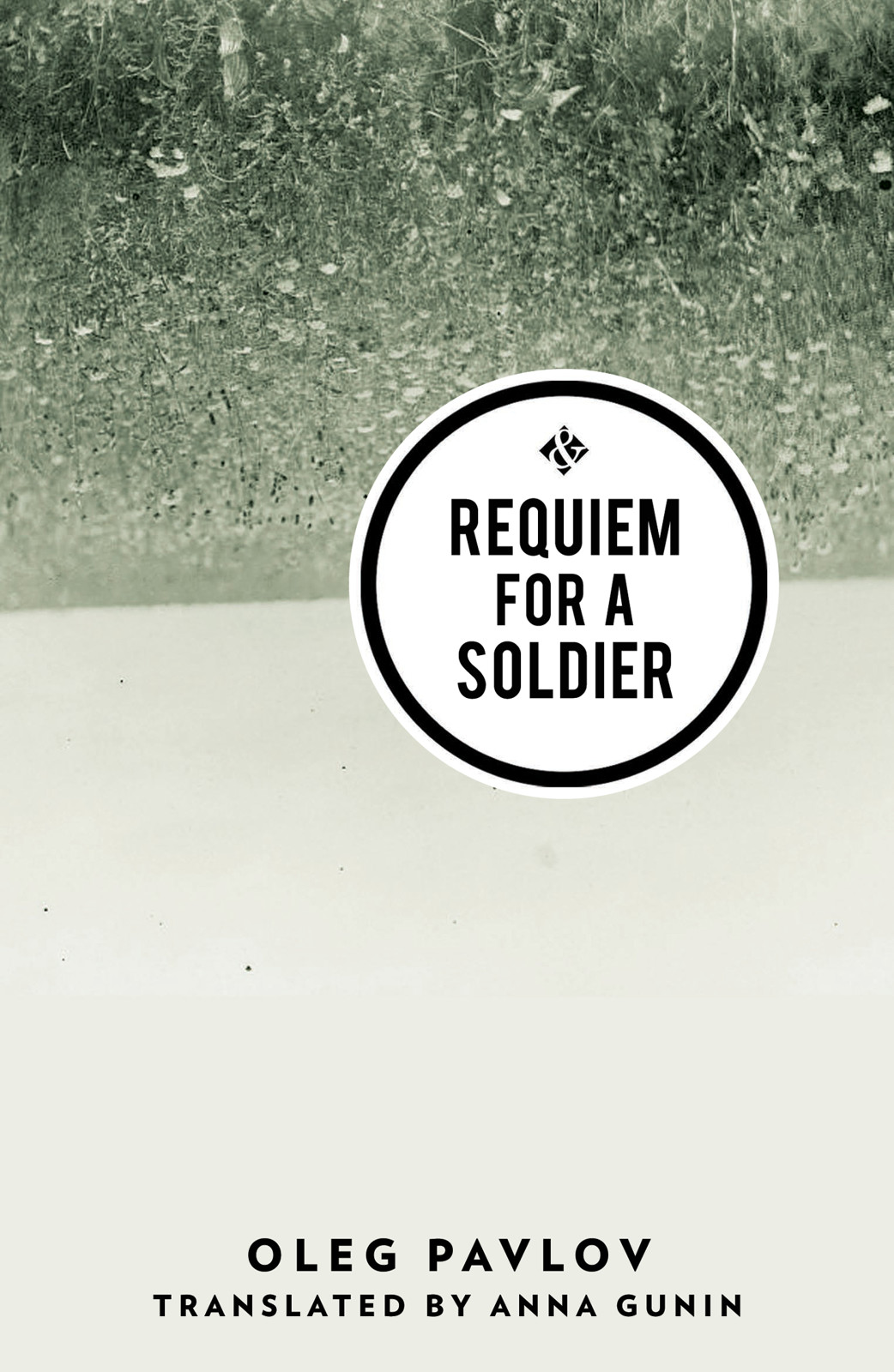
Requiem for a Soldier PDF
Preview Requiem for a Soldier
In the vast Kazakh steppes of the crumbling Soviet Empire, Alyosha has finished his army service and is promised a gift from his deaf commander: an everlasting steel tooth. As he waits for it in the infirmary, he agrees to help out a medical officer, and they set out on a journey that takes them all the way to the kingdom of the dead. Oleg Pavlov's kaleidoscope of a tale is peopled with soldiers and prisoners, hoboes and refugees and mice that steal medicines. Their surreal inner world is vividly reflected in Pavlov's expressive prose, reminiscent of Platonov. Poetic, tragic and darkly comic, the novel is at once a grotesque portrayal of late Soviet reality and an apocalyptic allegory that has drawn comparisons with Faulkner and Kafka. **
ReviewPraise for Requiem for a Soldier
"Oleg Pavlov is a powerful writer and Requiem for a Soldier is his finest work.
After being demobbed, a soldier who has done his service in a desolate firing ground is meekly continuing in the military infirmary, waiting for a savage paramedic to fit him with a steel tooth (to replace a perfectly healthy one), but instead of his ‘eternal tooth’ he ends up being charged with homicide. Yet the more penetrating reader will discern not so much a social flavour as an apocalyptic tone in this novel subtitled 'A Tale of the Last Days'." Alla Latynina, Vremya MN
“Russian Booker Prize-winner Pavlov writes with the confident eccentricity of a man who knows what to do with words.” Steward O'Nan, Big Issue
"Requiem for a Soldier . . . is the standalone third volume in the Russian’s Booker Prize-winning trilogy Tales from the Last Days. Set at the end of the Soviet Empire it’s a slim, dark and poetic volume following Alyosha, a soldier who has finished his service, as he journeys to the kingdom of the dead. It’s both a grotesque portrayal of Soviet reality and an apocalyptic allegory." Big Issue in the North
"Pavlov’s reputation and style sets him among the ranks of authors such as Genet and Burroughs with comparison also drawn to Faulkner and Kafka. Lovers of the haunting, poetic, literary grotesque of these authors combined with a healthy level of surrealist humour will find great satisfaction in the pages." Booktrust
"Chekhov would approve . . . Pavlov [is] a witness with a flair for spectacular images of surreal beauty – a mouse 'quivered like a little heart' – which simply ease into a narrative, blending heightened prose descriptions with political satire and punchy dialogue, often expressing exasperation, which is well rendered into colloquial English by Anna Gunin." Eileen Battersby, The Irish Times
"A triumph of Russian farce . . . At a time when the bodies of soldiers are being returned to their families from a war that the authorities assure us … the country is not fighting, we can only marvel at the author’s prescience." George Walden, Times Literary Supplement
“... a meditation on death and the downfall of the Soviet Union suffused with all the bleak absurdity of a Samuel Beckett play.” Workshy Fop
“A brutal and thought-provoking book.” The Lady review
“A grotesque, caricatural portrait of the last days of the Soviet Empire” The Skinny
Other Praise for Oleg Pavlov
"Captain of the Steppe combines a traditional Russian faith in the humanising power of literature with a boisterous energy and imagination. Pavlov wrote two further army novels which, along with Captain of the Steppe , have become known as the 'Tales of the Last Days' trilogy, and we can be grateful that both are due for publication by And Other Stories." Michael Nicholson, The Times Literary Supplement
"Pavlov skilfully navigates the razor-thin gap between dark comedy and tragedy."
